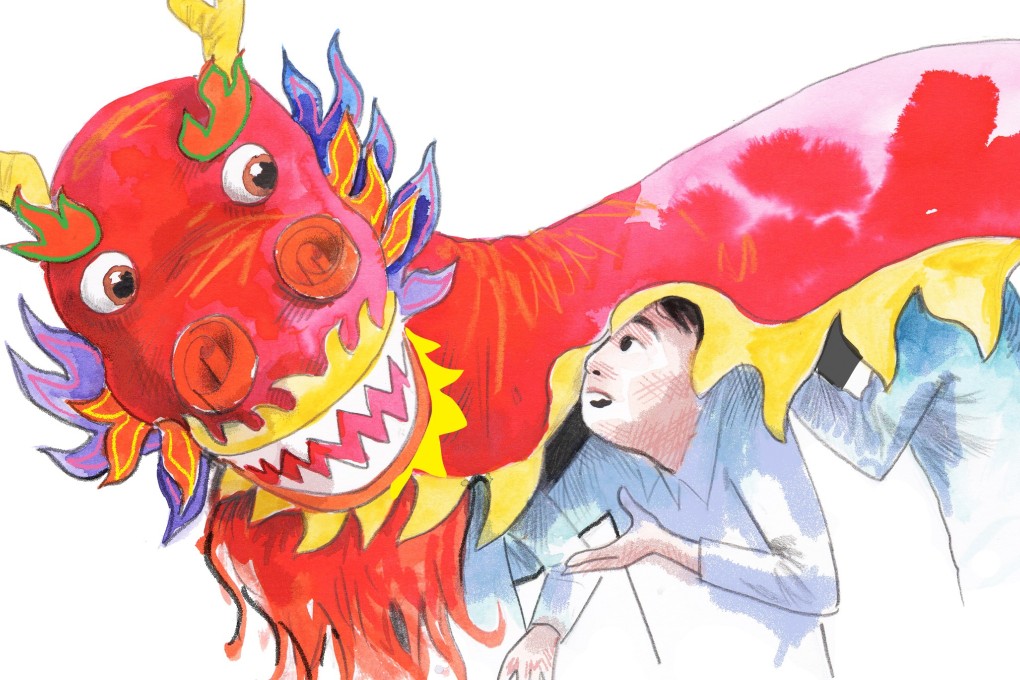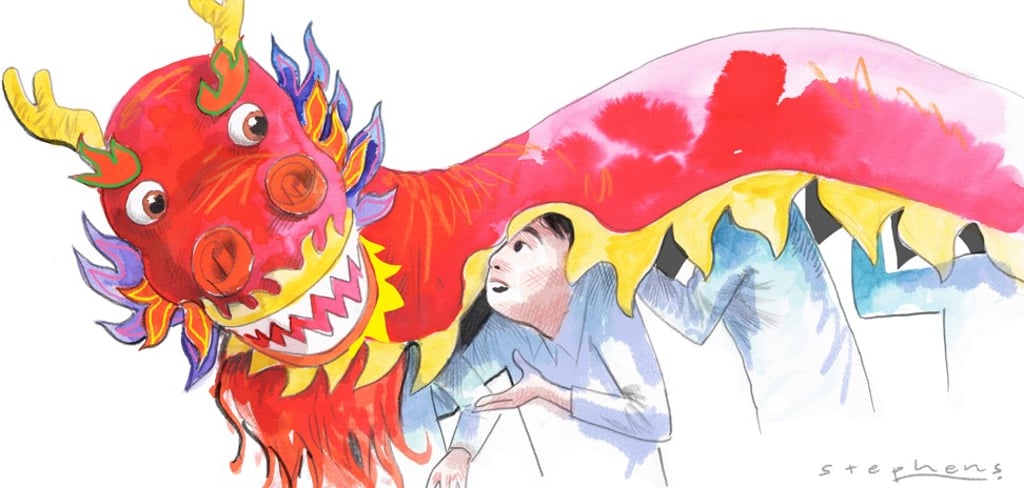‘One country, two systems’ demands that Hong Kong discuss the independence question
Cliff Buddle says the freedom of expression, even if abused, is a defining feature of the Hong Kong SAR that must be protected. Attempts to suppress all talk of independence would risk provoking rallying cries

Thousands join June 4 vigil in Hong Kong in 2017
The right, however, is much broader than that. The free flow of information and ideas has played a key part in driving Hong Kong’s development as a vibrant, diverse, cosmopolitan city and international financial centre.
Seven Hong Kong student unions label removal of independence banners an ‘erosion of academic autonomy’
As the European Court of Human Rights put it, in a famous case in the 1970s: “Freedom of expression constitutes one of the essential foundations of [a democratic] society, one of the basic conditions for its progress and for the development of every man.”
Carrie Lam voices support for universities’ plan to remove Hong Kong independence banners
But the reason why human rights are given legal protection is to try to ensure that they are not unduly restricted in the name of national interests.
